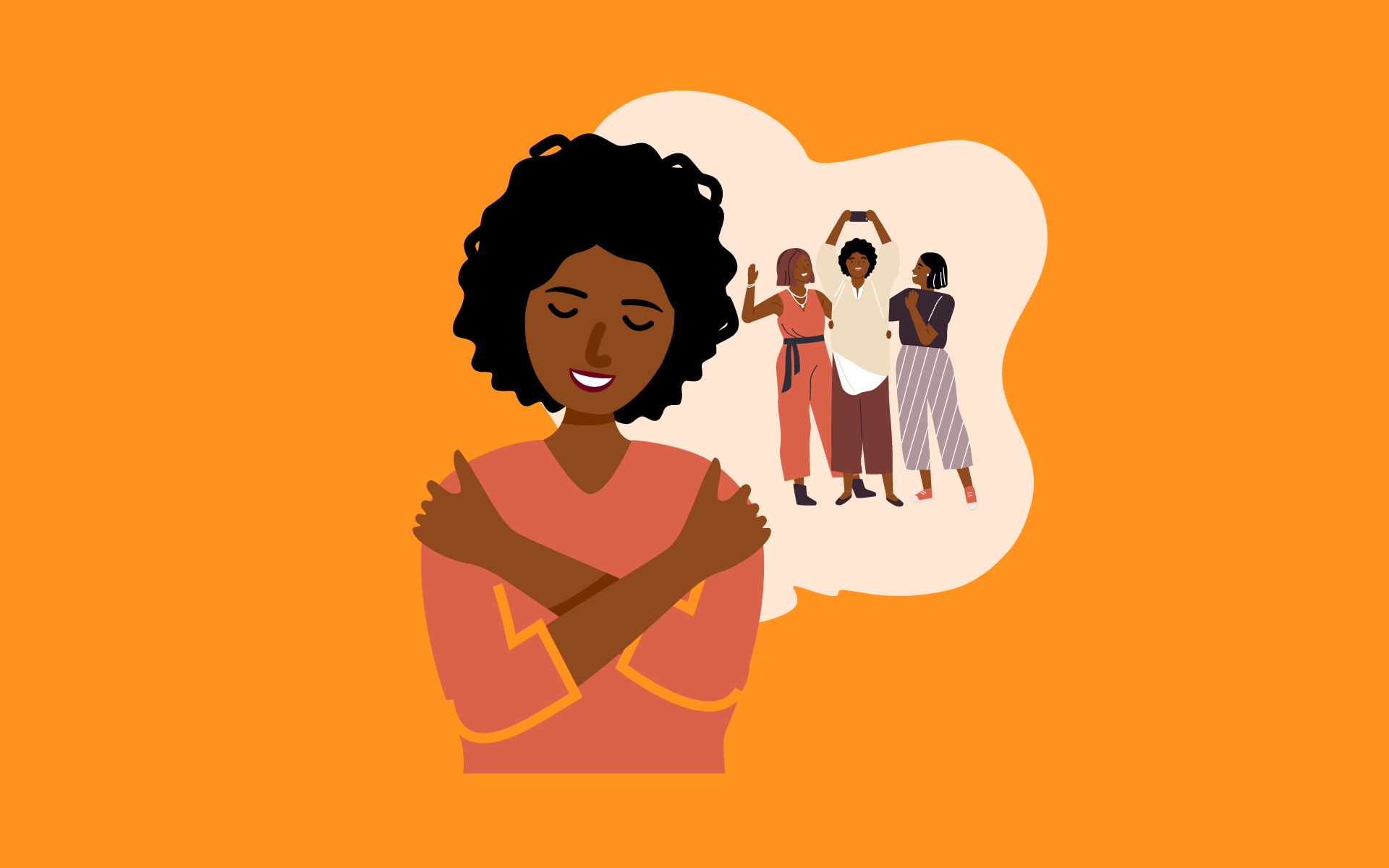Mental health is spoken about a lot these days, but how often do we pause to think about what it really means?
Until I had to write this piece, I never took time to think about my mental health in a real way. I often tell people that “I’m always stressed out”, and that I don’t even know how to relax.
I’m prone to anxious thoughts because I’m highly sensitive. I take things to heart, and I have a tendency to ruminate over things, especially negative events in my life.
I live alone and I love it. You can say I’m a loner. While I enjoy spending time in my own company, the pandemic made my time alone feel like a punishment. I was craving human company more than ever before.
I didn’t realise how much I needed people in my life, until I couldn’t be with people because of lockdown and social distancing. I’m not an introvert, but I’m not an extrovert either. I think I fall into the ambivert category.
I love being with people, but I also need to retreat into my quiet space to “recharge”. If I don’t, I become irritable and impatient. This makes me bad company. It took me a long time to understand this.
I enjoy going to a party, but I’m happy to leave while it’s in full swing. I enjoy living alone and being far from family.
It means I do not have constant intrusions into my me-time and my personal space. I see family once in a while, when I visit them or vice versa. I don’t have TV. For entertainment, I alternate between reading a book or an article on my smartphone.
Sometimes I doom-scroll through my Facebook feed for hours. But how much is too much time alone?
Even though we no longer have social distancing, I’m still confined to my home, where I run my laundry business. Once in a while, I venture out to a coffee shop, hoping to strike up a conversation with a stranger.
Sometimes my mission is successful, at other times not. Now, instead of fighting for time alone, I’m fighting for moments where I can connect with my fellow human beings. When I visit a friend, I come back to my quiet house feeling energised and excited about life.
I no longer need to retreat into my quiet space to “recharge”. I seek moments where I can establish or deepen an existing connection. I’m learning from friends who allow themselves to be more vulnerable with me, and I do the same with them.
These honest conversations allow me to keep a close eye on my mental health. My friends recognise when I may be stepping into the danger zone, and they’ll recommend professional help if necessary.
I recently told a friend I wasn’t sleeping well because of an almost-burglary a few months ago. She sent me the contact number of her therapist.
In the absence of family, I’m grateful to have supportive friends who make it easy for me to keep a check on my mental health. Isn’t that, after all, what good friends are for?

Leave a Reply